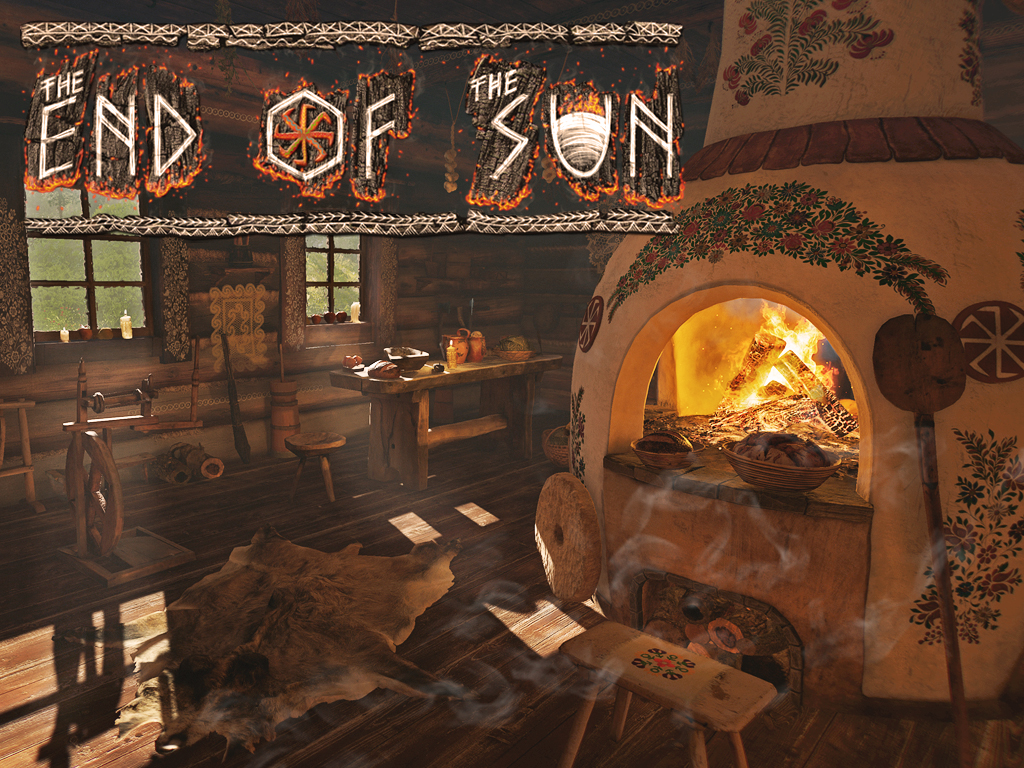
You’ll find it prominently on some “best zombie movie” lists, but let’s be real-this isn’t a film that most audience members would get much out of watching in 2016. And of course, the film also inspired a certain musical project from Rob Zombie. After White Zombie, voodoo zombie flicks popped up occasionally in Hollywood for years, most of which are currently in the public domain today. Lugosi, predictably, is the one bright spot, but you had to start somewhere.

The Svengali-like Lugosi ends up using his various potions and powders to zombify a young woman who is engaged to be married, attempting to bend her to the will of a cruel plantation owner, and … well, it’s pretty dry, wooden stuff. Bela Lugosi, only a year removed from Dracula and reveling in his celebrity as one of Universal’s go-to horror performers, plays a witch doctor, who is literally named “Murder” because the studio was still a few years away from discovering subtlety at this point.

As a public domain staple in just about any cheapo package of zombie films ever assembled, it’s easy to find White Zombie today-you can simply breeze through its 67-minute runtime on YouTube, if you want. Where else could we begin? White Zombie was the first feature-length “zombie” horror film, and the first popularization of the Hollywood concept of Haitian voodoo zombies, decades before the modern George Romero ghoul. White Zombie (1932) Director: Victor Halperin Will we reach 100 next year? Who’s to say?ĥ0. The list could easily have been longer, and we trimmed quite a few classics just to get down to 50. So without further ado: Here are the 50 greatest zombie movies of all time. And please, let’s not debate what is and isn’t “zombies.” We all know that the “infected” of 28 Days Later aren’t Romero-style zombies, but the construction of the film is 100 percent “zombie movie.” Likewise with many other entries on the list-it’s about intent and presentation, not whether the creatures fit within a very specific guidelines. What, then, even makes for a great zombie film? Are they determined more by great human characterization, or by the utilization of the zombies themselves? What’s more important: A unique setting, or great practical effects? Gore and mayhem, or wry social commentary? Black comedy, or genuinely frightening suspense? Each can make for valid, classic examples of zombie cinema.
#THE END OF THE SUN ZOMBIE FILM MOVIE#
But it’s simply not the “greatest zombie movie of all time,” if we’re being objective. With the historical record taken into account, it’s a great film. It can be slow, a bit dated, and is limited by its minimal budget in more ways than one.


But is it the best zombie movie of all time?ĭespite its classic, definitive imagery, and despite everything it contributed to the history of horror cinema, it’s not as if Night of the Living Dead is a flawless film. Few films in any genre can claim to be so influential. It codified an entirely new meaning for the term, which is ironic, given that the word “zombie” never actually appears in the movie, where the creatures are typically referred to as “ghouls.” But regardless, NOTLD catapulted the Americanized idea of “zombies” past their Haitian voodoo origins and into the cultural consciousness as dead bodies come back to life or otherwise reanimated, who fed upon the living. Here’s a film truism that everyone can agree upon: George Romero’s 1968 Night of the Living Dead is probably the most influential and important “zombie film” of all time.


 0 kommentar(er)
0 kommentar(er)
